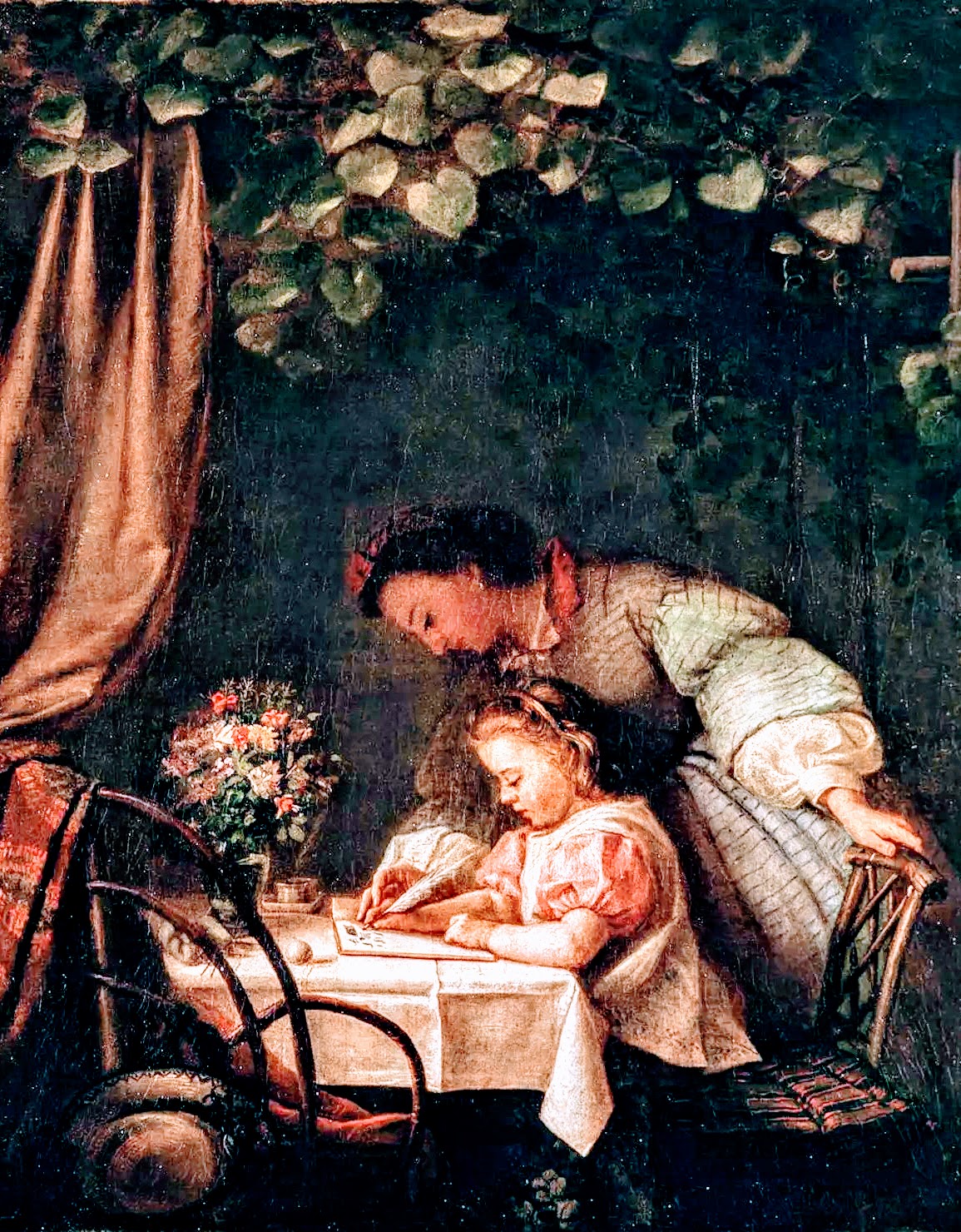According to a survey of families in England, better-off kids spend more time studying each day during the coronavirus pandemic in comparison with their poorer peers. Children from wealthier households involved in the research get around six hours of education a day, while those from the poorest families get only four and a half hours, 25% less time. This represents a considerable difference which can have heavy consequences on the long term.
64% of the more advantaged secondary school students receive some active help at home, compared to only 47% among the less advantaged. The worse news is that more than half of the parents involved in the study said they were finding it difficult to support their kids learning. The children in the poorest families receive less parental support, benefit from fewer educational resources for home learning and have less often a place to study.
Another bad news, paradoxically, is that - if given the choice - 55% of the most affluent parents said they would send their kids back to primary school, but that only 29% of the less affluent parents declared they would be ready to do it.

Picture: Woman Teaching a Child to Read, by Ida Silfverberg (Wikimedia Commons, w/Effects)

